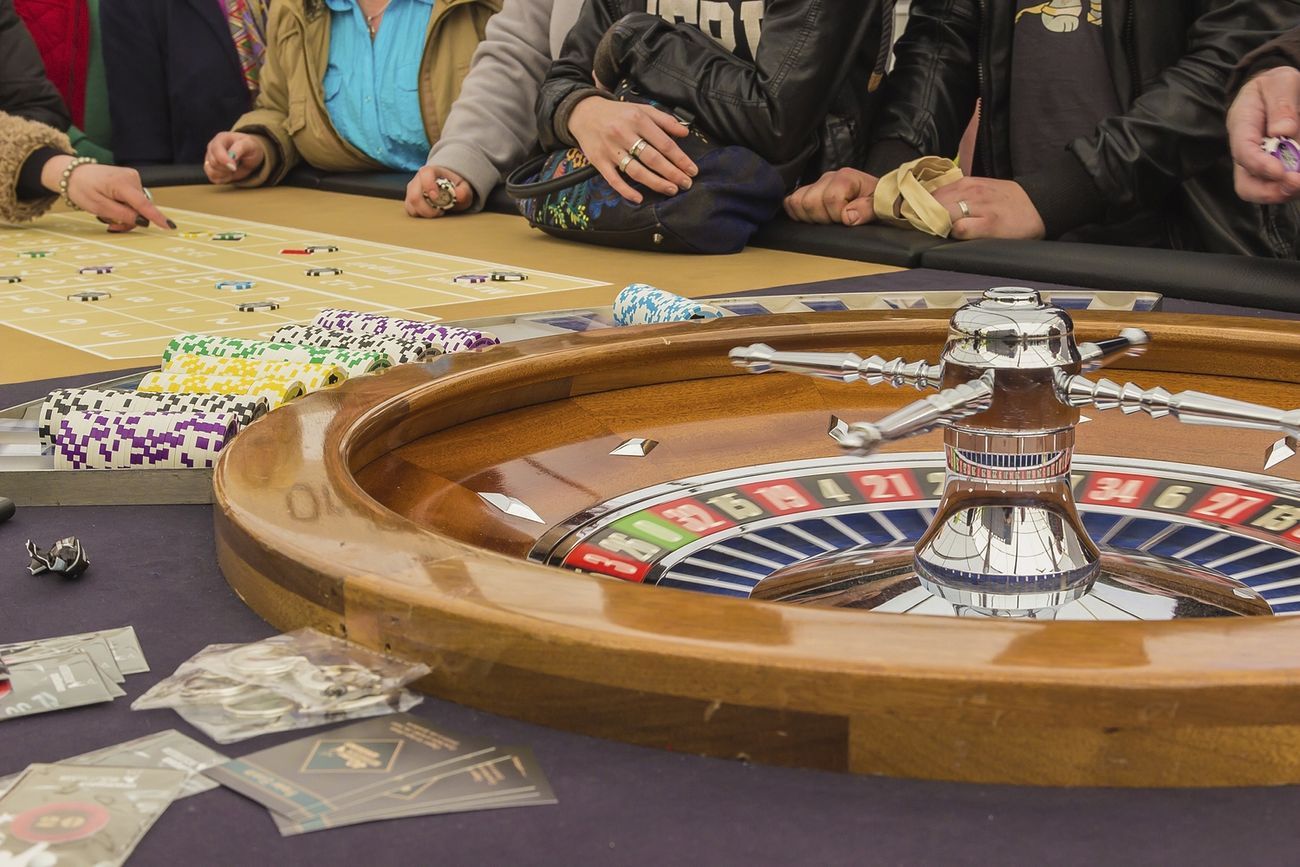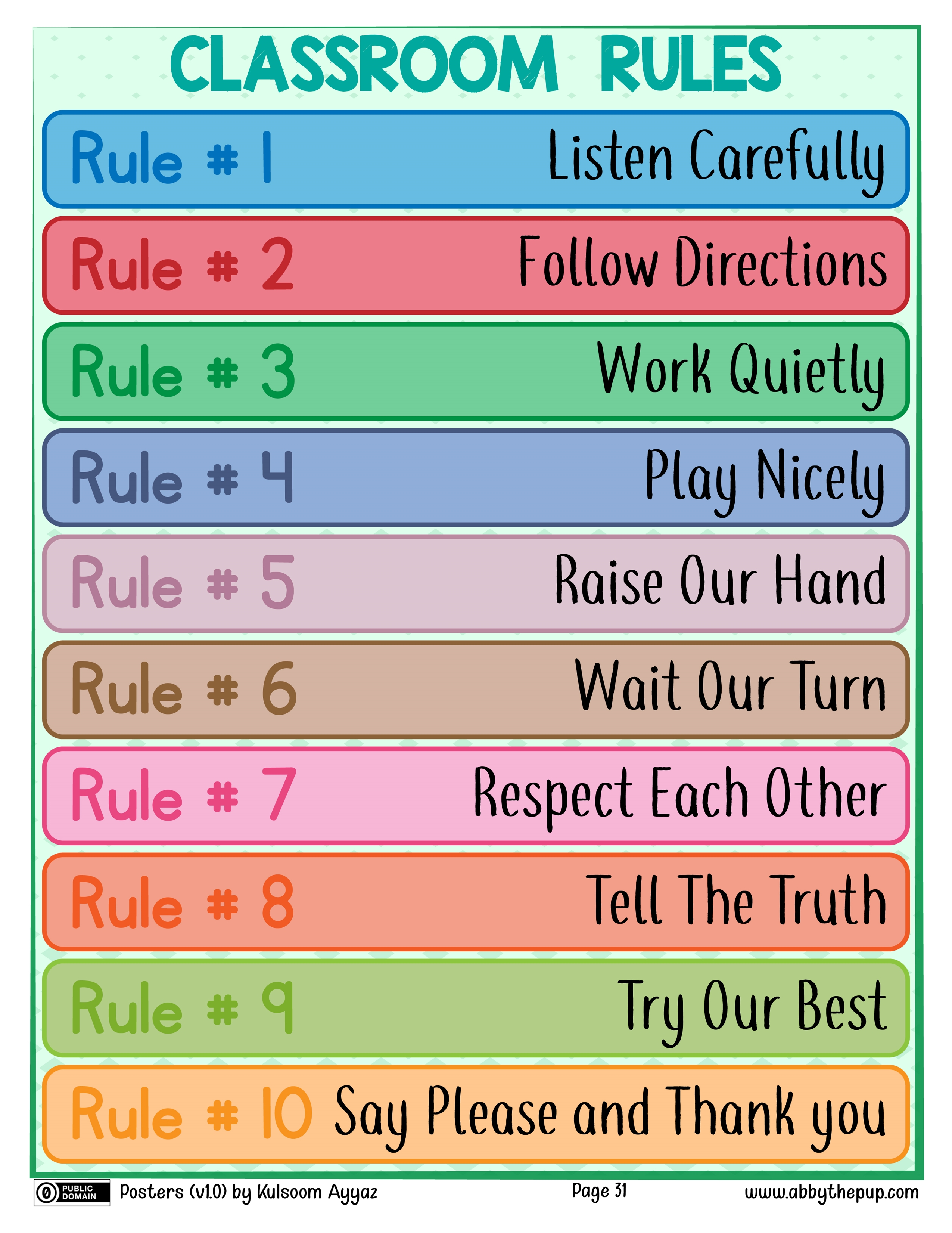A first time at the casino can be plenty of excitement, but may also feel overwhelming and confusing. To get the most out of the experience, you should be aware of certain common mistakes that can have a major impact on your chances of success. Want to get started in gambling with your head held high? Keep reading for some great tips on how to avoid common mistakes so you can play like a pro on your first visit.
To begin with, you should always familiarize yourself with the rules that apply to the games you are playing. This includes reading the house rules and avoiding any games where you’re unfamiliar with the mechanics. Furthermore, it’s important to ensure you are setting a reasonable budget for yourself and not trying to overreach or take too many risks. Don’t forget to pace yourself and take breaks when you need to; otherwise, you could end up spending more than you can afford. Lastly, if you really want to have success at the casino, you shouldn’t be afraid to ask questions. The casinos have staff on hand who are experienced in the various games and can offer valuable advice that you can use to better your chances.

1. Examining Common Gambling Mistakes

Understanding how to play casino games is only half the battle. Knowing the common mistakes and how to avoid them can be the difference between taking home a fortune and going completely broke. In this section, we’ll explore some of the most common gambling mistakes made by inexperienced players.
One of the most common mistakes is betting too much money while playing low-stakes games. Gambling can be an exciting experience, but if you don’t manage your bets properly, you can wind up losing a large amount of money in a very short period of time. Set betting limits for yourself and stick to them.
Another mistake inexperienced players make is playing with too many hands. Far too often, players think that if they play more hands, they’ll increase their chances of winning a large payout. However, playing too many hands in a casino game only increases your chances of losing. Focus on playing a few hands well and you’ll give yourself the best chance to beat the house.
- Chasing Losses: One of the most common mistakes made by gamblers is to increase their stakes after losing. This strategy almost always backfires as players end up placing larger bets than they can afford. While it is natural to be upset when you lose, the best strategy is to stick with your original stakes or simply walk away from the game.
- Not Knowing the Rules: Before you place a bet, it is important to understand the rules and how the odds work. Sloppy gambling can cost you a lot of money, so doing your homework and learning as much as you can about the game is always a good idea.
- Ignoring Bankroll Management: If you want to have a successful session of gambling, you need to be aware of your bankroll. It is best to set a budget and stick to it, as this will help you avoid overspending and hitting the roof when things don’t go your way.
- Drinking Too Much: Whether playing in a physical casino or online, drinking can impair your judgment and lead to bad decisions. Too much alcohol can lead you to wager more than you can afford, so it’s important to stay within your limits and keep clear-headed when gambling.
- Getting Too Greedy: After a few successful sessions, it is easy to get greedy and end up overspending. Don’t raise your stakes too quickly as it could lead to you ending up with nothing. Instead, take a step back assess the situation, and try to stay within your budget.
It is impossible to win every time you gamble, but by avoiding these common mistakes, you can greatly improve your chances of success. Good luck!
2. Adopting a Strategic Mindset

On the Big Picture
Are you looking for ways to stay focused on achieving your business objectives? Achieving success requires a strategic mindset. In business, the goal may range from reaching a sales target to providing an excellent customer experience. It is important to have a clear vision and plan to achieve it. You need to focus on driving the business’s success by seeing the big picture and managing different elements that contribute to it.
Think Strategically
requires you to think beyond the individual tasks at hand. It is important to look at the big picture and understand the impact of specific tasks within the overall strategy of the business. A good strategy should be focused on achieving the objectives of the business, whether it is increasing sales, improving customer experience, or reducing wastage.
Set Long-term Goals
It is important to set long-term goals when working towards the growth and success of the business. These goals should be specific, measurable, attainable, relevant, and time-bound. Setting long-term goals will help keep the team focused and motivated to achieve them. It also helps to keep everyone aligned in the same direction.
Set Objectives and Prioritize Tasks
In order to achieve the long-term goals, smaller and more achievable objectives must be identified. Objectives help you break down the goals into smaller sections. Once the objectives have been identified, you can prioritize tasks that need to be done. Making a list of tasks helps you maintain focus and plan ahead. You can also optimize activities by taking into account the importance of each task in complementing the overall strategy.
Measure Results and Adapt Strategy
Establishing clear goals and objectives makes it easier to measure results and provide feedback. By measuring the progress of tasks and objectives, you can identify areas of improvement and adjust the strategy accordingly. It is important to be flexible and adaptive to changes in the market and ensure that the strategy aligns with the changing dynamics.
3. Developing a Bankroll Strategy

Money Management is an essential part of. Before you even begin to think about how much you’re going to bet, you need to set aside an amount of money that you’re comfortable betting and playing with. This is your bankroll or the total amount of money that you have set aside dedicated to gambling. It’s important to think of your bankroll as something separate from your ordinary living expenses that you would prefer not to touch. This way, you can always be in control of your losses and have an idea of how much risk you’re comfortable taking on.
Once you’ve set aside an amount of money for your bankroll, you can start to set limits on yourself and determine an appropriate betting unit. Since the amount of money you’re playing with can vary so widely, it can be helpful to divide the total amount into a number of smaller units. Depending on the table stakes, your personal budget, and what you’re comfortable with, your betting unit can range from 10% of your bankroll, up to even 50% in some particular situations!
The third important aspect of bankroll management is the concept of risk management. It can be helpful to think of your bankroll - and your bet sizes – as a source of investment. It’s up to you to figure out the right balance of risk and reward. You need to decide the size of your bets so that a potential loss won’t devastate your bankroll. On the other hand, it’s crucial not to bet too little, as you’ll never be able to make a significant win.
The key to risk management is understanding the relationship between expected return and bankroll volatility. The best way to do this is by looking at the table limits for the game you’re playing and calculating the expected return. If that number is lower than your bankroll volatility, you need to raise your bet size until you reach a desirable risk/reward ratio.
The last piece of advice for developing a successful bankroll strategy is to stick with the plan you’ve established. Manage your bankroll responsibly, keep track of your wins and losses, and remember to enjoy the game. Once you’ve mastered these basic concepts, you should be well on your way to having a reliable bankroll strategy that works for you!
4. Understanding the Rules of the Game

Out-Think Your Opponent
The rules of the game may dictate how pieces move, but mental agility should come into play in order to outthink your opponent. Examining the board in a new way and finding opportunities to gain a strategic advantage can go a long way in winning a game. Simple yet effective strategies like knowing when to move pieces forward or backward to gain control of a certain square can have a big impact.
Identify Turnaround Opportunities
Being able to identify a turnaround opportunity when the situation looks bleak is a great transferable skill. If a player can recognize it’s time to go on the defensive or to switch focus to another area of the board, it can often be the game changer. Taking the time to really assess the current state of play and scan for moments to regain the advantage is a worthwhile exercise
Manage Time Effectively
Different games may come with different time restrictions and it’s important to manage your time accordingly as overtime usage doesn’t often work in a player’s favor. Being able to optimize the time taken for each move is vital to achieving success in a timed game. Having a plan for each move ahead of time and completing it efficiently will put a player in a great position to compete.
Use Notational Symbols
Notational symbols are a useful way to document and analyze prior moves and strategies. Notation can help players recall and reference moves in a language-independent way to go back and forth between games. Symbols like “R” for rook, “N” for knight, and so on can make tracking and discussing moves with opponents or mentors much easier.
Read Strategy Books
Finally, there’s a wealth of knowledge available in strategy books written by experienced players. Looking through them is a great way to understand the meta-gameplay and pick up useful techniques as it can provide example after example of different steps a player can take to improve his game. Books are not just great for rookies but also experienced players can benefit from reading them.
5. Exploring Additional Resources for Support

Now that you have begun to explore stress management strategies, it is essential to seek out additional resources for support. Here are five avenues you can explore to better manage your stress.
Therapy is a great avenue for seeking stress relief. A therapist can help you develop strategies to navigate difficult emotions, problem solve, and return back to a more balanced state. Additionally, studying and understanding the root causes of your stress can help you manage your triggers.
Meditation practice can help you strengthen resilience and understand the mental chatter in your mind. Small mindful habits in your day can have profound effects on elevating your overall well-being. This form of mindfulness can help you become responsive vs. reactive when stress occurs.
Exercise is another important element of stress management. Physical activity helps release tension in your body and helps you focus on the task. Exercise like jogging, biking, swimming, dancing, or yoga can help leave you feeling energized and refreshed.
Support Groups can be a beneficial supplement to your stress management journey. Participating in group activities and connecting with like-minded individuals can help you share experiences, develop a deeper understanding, and gain perspective. Talking to others who may be dealing with similar issues can help
Journaling can help you unclutter your chaotic mind. Writing your thoughts down and organizing them helps you assess what is happening. Additionally, journaling is a great tool for getting over disappointments because it helps you express your emotions on paper.
Q&A
Q: What are some common mistakes new gamblers make?
A: One common mistake new gamblers make is not having a gambling budget. It’s important to plan ahead and have a budget set aside specifically for gambling. Other mistakes include chasing losses, playing games they don’t understand, and not adjusting their strategy based on their opponents.
Q: What steps can I take to avoid these common mistakes?
A: To avoid these common mistakes, set a budget and stick to it. Don’t chase losses as this can lead to more losses. Research and practice the games you plan to play, so you can understand the possible outcomes and strategies in order to make the best decision. Also, adjust your strategy based on the opponents you are playing against and try to be aware of your own style of play.
Q: Are there any other tips I should consider?
A: Another important tip is to stay aware of the time. Set limits on how long you want to play each game and take breaks to clear your mind. Also, remember to have fun and not make gambling too serious. Gambling should be an enjoyable pastime and making mistakes can be part of the learning process.
The Conclusion
Gambling can be an exciting activity that provides plenty of highs - as long as you don’t fall into any of the common traps. Whether you’re a first-timer or an experienced pro, understanding and avoiding these mistakes can contribute to a fun and rewarding experience. So play smart and good luck!
To guard against potential pitfalls, it’s important to understand the basics of responsible gambling. That means familiarizing yourself with the terms, rules, and regulations of different games, as well as setting a budget in advance and sticking to it. Don’t be afraid to walk away if you find yourself losing or if you’re feeling overwhelmed. Gambling should be a fun, exciting activity, not a source of stress or anxiety. Finally, always be sure to take breaks and enjoy the other activities a casino or online gambling site has to offer.
Taking in a show, playing a few games of pool or bowling, or exploring the nearby restaurants and attractions can provide a nice break from the action. If you find yourself unable to control your gambling activity, it’s important to seek help or self-exclude yourself from participating. Resources are available to help you manage your play, so it’s important to recognize any red flags before they become a problem. By following these guidelines, you can make sure that gambling remains a positive, enjoyable, and risk-free experience.
The key to having an enjoyable gambling session is to manage and understand both the financial side and the emotional side of the experience. Set a budget, stick to it, and don’t chase losses. When emotions start to get the better of you, take a time out and enjoy some of the other activities available. Having a good attitude and playing with the right mindset can help ensure a fun, rewarding, and safe gambling session. With these tips in mind, remember to have fun and good luck in your next gambling session!